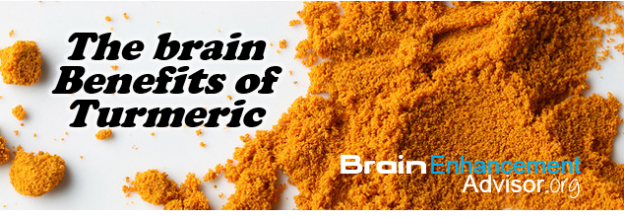
Do you like curry? What about alcohol? The brain benefits of Turmeric
Turmeric is a native Indian plant, commonly used as a spice in Indian and Pakistani cuisines for the elaboration of curries, and to add some mustard color to condiments. Curcumin is one of the principal active components of the plant, which gives a bright-yellow color to it, and it has powerful anti-inflammatory and antioxidant effects.
As we already know, oxidative damage is believed to be one of the mechanisms behind aging and different cognitive disorders. The main reason antioxidants are so beneficial for us, is that they protect our bodies from the free radicals that the process of oxidative damage entails. Curcumin, thus, delivers a double punch against free radicals: it neutralize them directly, and afterwards stimulates the body’s own antioxidant mechanisms.
Many common mental and brain disorders -such as depression or parkinson’s disease- have been linked to low levels of BDNF (brain-derived neurotrophic factor), which is a type of growth hormone that it has been shown to be reproduced by curcumin. In this way, curcumin might be effective at preventing or even preventing age-related disorders and various mental diseases.
Thus, what mainly captured our attention was the apparent “Protective effect of curcumin against chronic alcohol-induced cognitive deficits and neuroinflammation in the adult rat brain“, a study conducted in India at Panjab University Institute of Pharmaceutical Sciences, recently completed during 2013. What researchers basically did was exposing rats to ethanol dosing during 10 weeks, and observed the consequential dysfunctional neurocognitive behavior. Afterwards, the rats received curcumin during other 10 weeks, and they were again observed and measure. The results were promising: curcumin was found to significantly and dose-dependently prevent the behavioral, biochemical, and molecular alterations induced by chronic ethanol administration. Thus, impairments in spatial navigation and poor retention were apparently solved alleviated the compound.
Further research is needed to reproduce and challenge the initial results, yet the information available so far is promising and, delicious!

